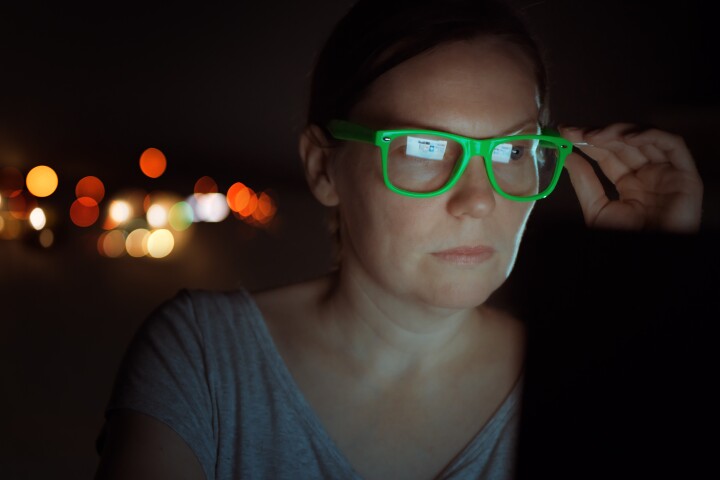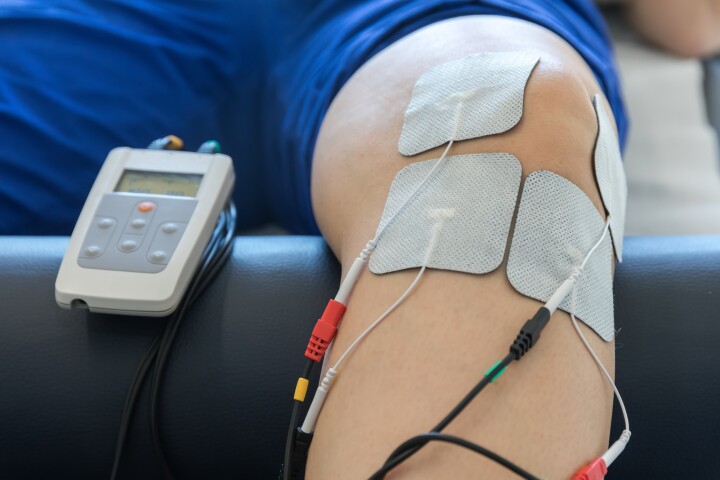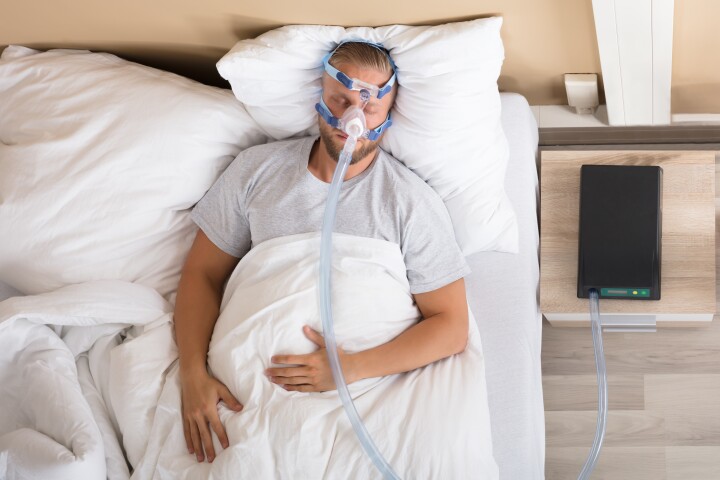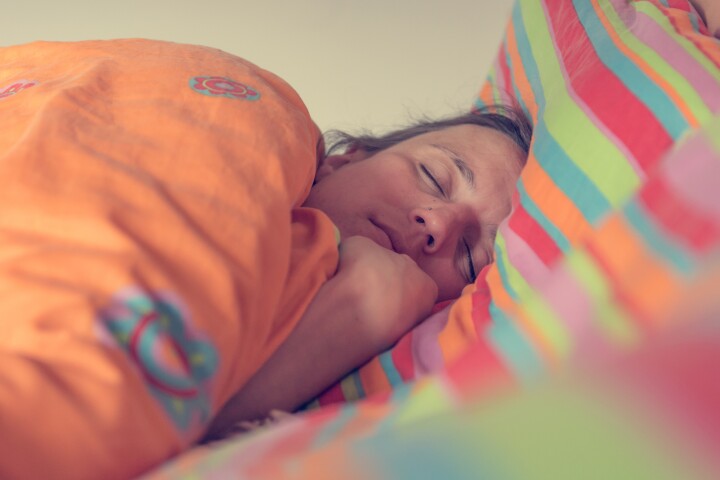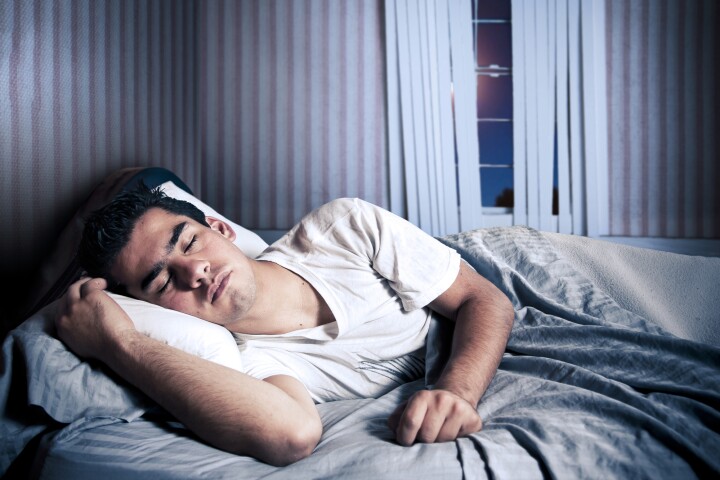Sleep
-
A study has determined which snoozing strategy - no naps, one long nap, or two shorter ones - is best for avoiding drowsiness and fatigue when staying up all night. The results may be as helpful to shift workers as they are to new parents.
-
Back in 2017, Bose launched some earbuds designed to help folks get a good night's sleep. The formula was later improved, but then the product was discontinued. Now former employees are taking up the restful-sleep torch with the Ozlo Sleepbuds.
-
In a study of studies, researchers concluded that eyeglasses that block blue light might not deliver on claims made by advertisers or optometrist offices. They caution consumers to think twice about shelling out the extra cash for the specs.
-
Normally, staying up for extended time periods leads to the need for extra sleep. But researchers have just found that activating astrocyte cells in mice caused the rodents to stay awake for six hours longer than usual, with no noticeable sleep debt.
-
One of the most common treatments for sleep apnea involves wearing an air mask while sleeping, which can be awkward and uncomfortable. A new study, however, suggests that a simple TENS muscle-stimulating system may actually work better.
-
Sleep apnea affects around 30 million Americans, but it can be incredibly difficult to treat, even more so given that devices used to alleviate it are given up on by nearly half of those diagnosed. Scientists are now proposing a different approach.
-
A new study has uncovered the mechanism by which the brain waves produced during deep sleep can predict blood glucose control. The discovery highlights the importance of sleep in managing diabetes and offers a novel way of mapping the disease.
-
Physical activity at any age has a broad range of health benefits. However, if you’re not getting enough sleep in your 50s and 60s, exercise of any kind may not be doing as much heavy lifting to offset cognitive decline as you think it is.
-
Scientists have speculated about the cognitive and dreaming abilities of the octopus. This study is a step closer in understanding their complex behavior. As does a study on cuttlefish from the same team, showing their color shifting like never before.
-
Daytime napping. Some people swear by it, and some people don’t - or can't - get into the habit. A new study has found that those who are genetically predisposed to taking regular daytime naps may have larger, healthier brains as a result.
-
There's precious little human dignity in economy airline travel to begin with; why not go all the way? The HypNap TruRest offers you the opportunity to attempt sleep with your face mashed into a padded cradle, and arrive red, wrinkly and refreshed.
-
Good sleep and good nutrition are the cornerstones of good health. We know how diet can affect general health, but what effect does what we eat have on how well we sleep? A new study has looked at how diet can directly affect sleep quality.
Load More


